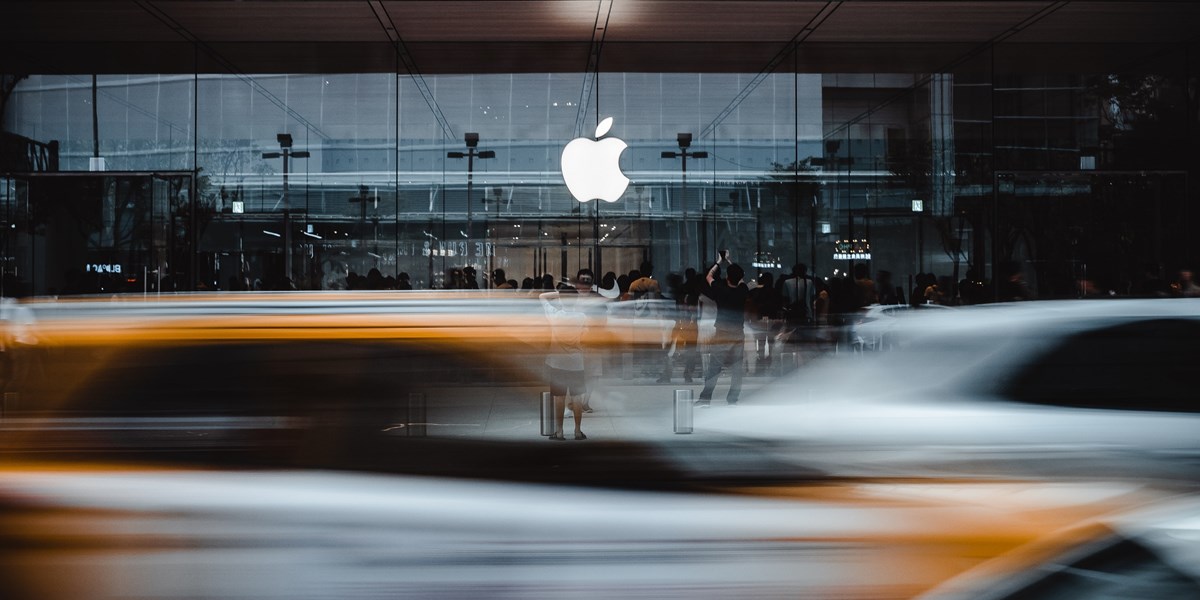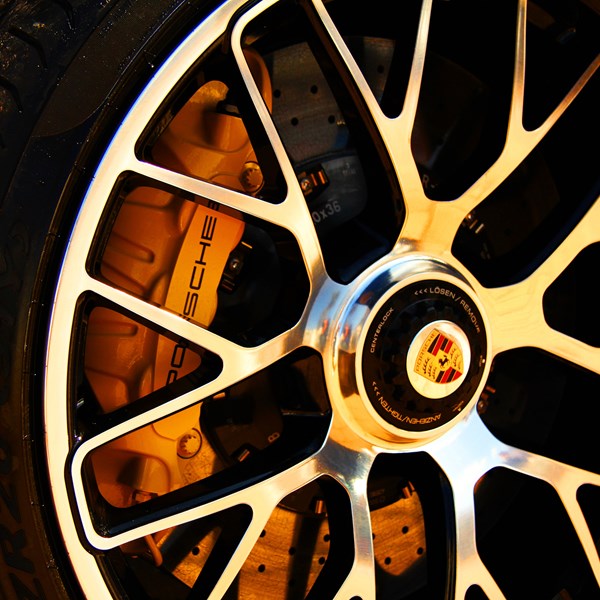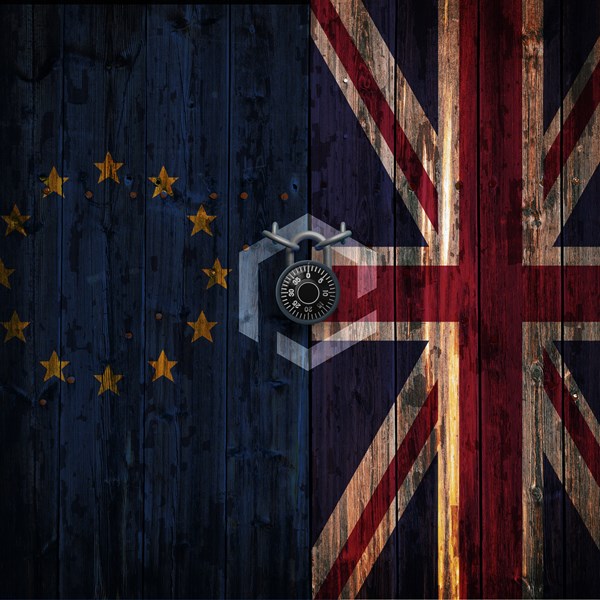Branding is a crucial aspect of any business. The engineering sector is no exception.
Very recently, we saw the overlap between branding and engineering in the Cornwall satellite launch. The historic "Start Me Up" mission captured attention worldwide with its catchy branding.
Named after The Rolling Stones’ hit song, the mission attempted to launch nine satellites into orbit via Virgin Orbit’s “Cosmic Girl” – a converted Boeing 747 aircraft and its LauncherOne rocket. Although the satellites failed to reach orbit, the branding for the project was a success. Cosmic Girl and Start Me Up are sure to be remembered as the UK gears up for future space missions.
But what stands behind the success of a brand and how can branding be used to increase the value of engineering technology and projects?
Engineering requires significant technical research, development, and design. However, investing in accompanying branding can be equally important to achieve full commercial potential. A strong brand, most particularly for innovative consumer technology, can establish a product’s credibility. A strong brand can also differentiate one engineering business from its competitors and foster greater customer loyalty.
A product’s brand identity can often be just as valuable as the product itself, if not more so. An innovative product may not receive the desired recognition and sales growth if its branding is neglected. Equally, a product’s value can be significantly increased by its branding. Successful product branding can capture the imagination of its target audience and drive sales growth beyond that of the product alone.
Apple is one business that understands this very well.
The company has been ranked as the no. 1 most valuable brand by Forbes for 14 years running despite, some would argue, the fact that the technology behind its products is not significantly superior to that of their competitors. But consumers don’t only look at technical specifications. Their purchasing decisions are greatly influenced by the images and values associated with brands.
Where consumer electronics has taken the lead, other engineering brands have also grown in stature in the consumer market.
Dyson has taken steps to reimagine existing consumer products for the home and created an association of quality with its consumers having invested significant resources in linking its brand with values such as ergonomics, innovation and sophistication.
They also seek to offer their consumers a pleasant purchasing experience from start to finish. They produce packaging and advertising that support premium pricing because they know that customers are more likely to remember and (re) purchase products that make them feel good by absorbing more mundane tasks such as vacuuming and hair drying.
Through strategic branding, engineering technology can be elevated in the eyes of consumers, allowing them to be perceived as high-quality and trustworthy. This not only increases the perceived value of a product but also makes them stand out in an increasingly crowded market. In turn, this increases market share and improves corporate value.
The Elon Musk business, The Boring Company (an infrastructure and tunnel digging company whose name is a deliberate word play on ‘boring’) designs inter-city transit systems. It uses innovative ideas to improve its brand image and raise funds for its projects.
The company famously sold 20,000 flamethrowers, ironically named “Not a Flamethrower”, for $500 each. This raised $10 million of funding in the process and garnered no end of free advertising due to the associated press and social media coverage.
Joining forces with other brands through licensing and collaborations can bridge gaps between engineering and other commercial fields. It can be a powerful tool for increasing brand visibility and creating innovative products.
The unlikely match between automotive company Fiat and coffee company Lavazza led to the creation of the worlds’ first production car containing an integrated expresso machine, offering coffee-lovers a novel user experience. Such collaborations allow businesses to reach new audiences, increase brand awareness and strengthen consumer loyalty.
Certainly, many of the 2,500 visitors to Spaceport Cornwall on 9 January 2023 were not engineers or from the UK’s growing space industry. They were, however, locals or enthusiasts there to enjoy the thrill of the event. They will all have observed an exciting development in UK space engineering and exposure to the brands involved.
What all of this shows us is that branding can create an additional layer to an engineering success story. There are many ways that companies, and engineering companies in particular, can boost their brand image and leverage those brands to distinguish their products in the marketplace and maximise the value of their activities and technology.
To ensure a streamlined process and turn potential branding ideas into a valuable brand strategy, it is important to obtain early involvement and advice from legal professionals.







